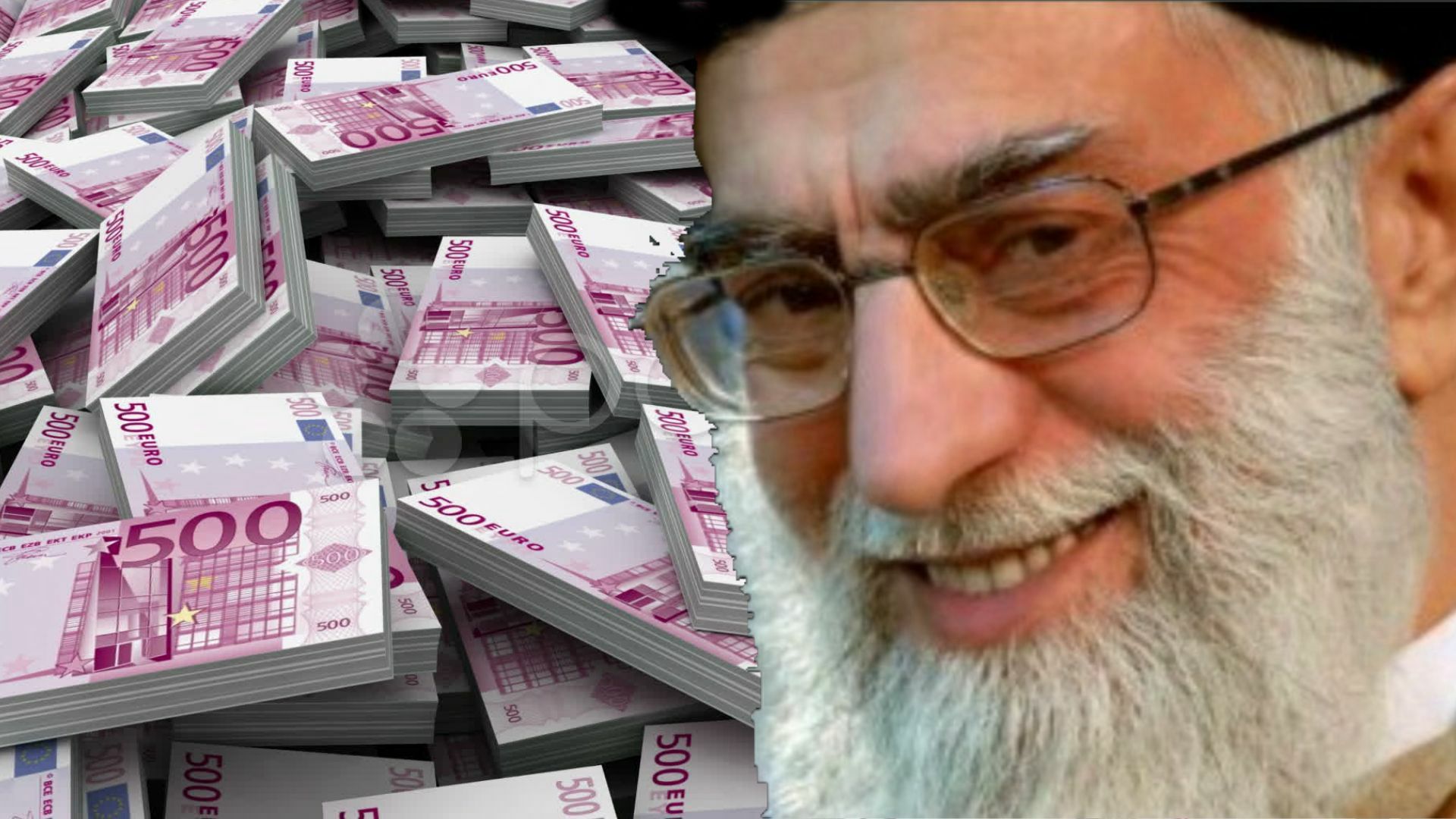Business interests will dominate and impede European countries from invoking snap-back sanctions.
With the reopening of the UK’s embassy in Tehran on Sunday, a new wrench has been tossed into the nuclear deal approval process: Britain’s likely reluctance to enforce violations.
UK foreign secretary Philip Hammond arrived in Tehran with a business delegation and announced that British businesses have a “huge appetite” for trade relations. He noted the desire among the business community to invest in Iran and optimize banking conditions for financial transactions, and zoomed in on restarting “oil negotiations” as the joint British-Dutch energy giant Royal Dutch Shell is slated to release $3 billion in frozen Iranian assets.
The odds weigh heavily against Western and Central European nations – the key beneficiaries of the dissolution of Iran sanctions – aggressively monitoring Iran for violations of the Iran deal because of a clash with powerful business interests.
In a Foreign Policy article titled “How to Get a Better Deal With Iran,” Mark Dubowitz, the executive director of the Foundation for Defense of Democracies, where this writer is a fellow, wrote: “Once European companies are sufficiently invested in Iran’s lucrative markets, any Iranian violations of the deal are likely to provoke disagreements between Washington and its European allies. Indeed, why would Europe agree to new sanctions when they have big money on the line?” Dubowitz notes: “Would Europe agree to a US plan to reimpose sanctions on the Central Bank of Iran if it was found – once again – to be financing terrorism? This is doubtful given that Tehran would threaten to return to its nuclear activities including large-scale uranium enrichment, putting not just European investments but the entire deal in jeopardy.”
It is worth recalling Germany – the economic powerhouse of Europe – and its policy of prioritizing financial gains over stopping Iran’s drive to obtain a nuclear weapons device and the 2010 attempt by US President Barack Obama to persuade Chancellor Angela Merkel to shut down the Hamburg-based European- Iranian trade bank (EIH). The columnist John Vinocur wrote at the time in the International Herald Tribune: “I also have been told that similar reluctance, this time involving German hesitation to clamp down on a bank in Hamburg facilitating suspect European deals with Iran, resulted in a recent phone call, to no immediate avail, from Mr. Obama to Chancellor Angela Merkel.”
Obama’s treasury department had designated the EIH a sanctioned bank because, “As one of Iran’s few remaining access points to the European financial system, EIH has facilitated a tremendous volume of transactions for Iranian banks previously [blacklisted] for proliferation.”
A bipartisan group US Senators issued a strongly worded letter to Germany’s then foreign minister Guido Westerwelle requesting him to shut down the EIH’s operation in Germany, and a Wikileaks dispatch revealed: “Germany won’t sanction German Bank EIH” because “the German business community is very powerful.”
After a scandal emerged in which Iran and Germany used the EIH to transfer at least €1.5b. to Iran, Merkel’s administration agreed – kicking and screaming – to shut the bank.Read the rest of this op-ed HERE.
If you like what you see, please "Like" us on Facebook either here or here. Please follow us on Twitter here.







No comments:
Post a Comment